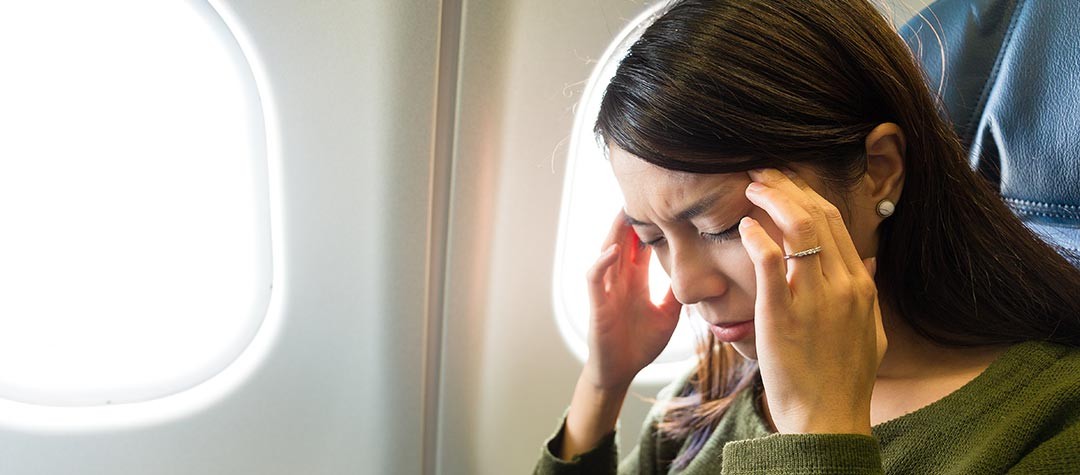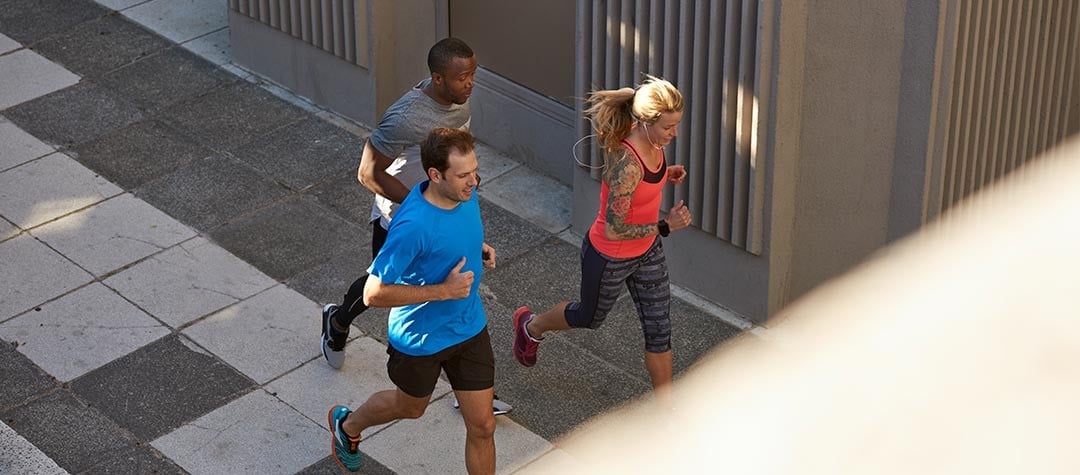There’s nothing worse than getting ill on your holiday, as being curled up in bed isn’t anyone’s idea of fun. Here’s how you can avoid getting ill.
Have your injections
Some of the more of the more exotic locations require inoculations well in advance of traveling to avoid certain diseases such as malaria and yellow fever.
Boost your immune system
A strong immune system will help your body fight any germs and bacteria you may pick up on your travels. Try to get plenty of sleep, eat plenty of fruit and vegetables, and take some exercise.
Don’t overdo it
Although you might want to pack so much in to your day, it is important that you get plenty of rest. A tired person is more susceptible to illness. Likewise, too much alcohol will have a similar impact on the body’s abilities to cope.
Be careful in the sun
It is far too easy to get carried away and forget about protecting yourself from the sun. Wearing a hat can help prevent sunstroke, as suncreams and clothing can prevent burning.
Watch your food
Keeping a firm eye on what we eat and drink is the best way of avoiding a stomach upset.
Here's our advice:
-
If you have any doubts about water available for drinking, washing food or cleaning teeth the best advice is to use bottled water.
-
Avoid ice in drinks unless you are sure it has been made from bottled water.
-
Avoid food that has been kept warm.
-
Avoid uncooked food, unless you can peel or shell it yourself.
-
Be careful with fish and shellfish. Uncooked shellfish, such as oysters, are a particular hazard.
General food advice
-
Drink plenty of fluid when traveling, particularly when in hot countries. Many people fail to heed this advice and end up dehydrated.
-
Common sense tells us if a restaurant or food does not look clean, don't eat there.
-
Listen to other travelers and follow their recommendations for good places to eat.
Tips for avoiding disease carrying insects
When getting out and about, it is likely that we encounter an array of small insects and mosquitoes. To avoid being bitten or becoming a host for a parasite such as ticks, you should:
-
Keep arms and legs covered in the early mornings and evenings when mosquitoes are present.
-
Use plenty of repellent.
-
Turn off room lights at night, as insects are attracted to light.
-
Check our bodies and clothing for any insects, especially after a walk or safari.
-
Avoid bright coloured clothing that may attract insects.
If we should fall ill, then many of the ailments can be treated with over-the-counter remedies, some of which we should have included when packing. However, if someone should appear particularly ill then it is always wise to seek medical help.















